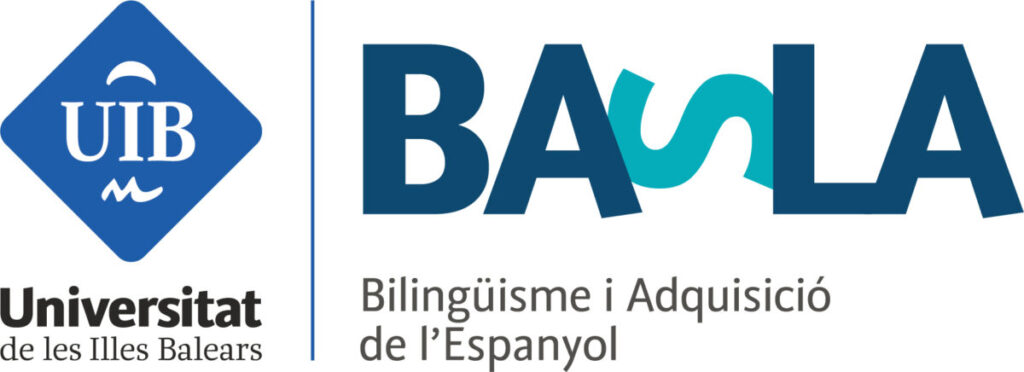The Bilingüismo y Adquisición del Español (BASLA) GROUP was founded in 2020 at the Spanish, Modern and Classical Philology Department (University of the Illes Balears) by the professor and researcher Pedro Guijarro Fuentes.
BASLA is a group integrated by researchers from different disciplinary backgrounds (Linguistics, Psychology, and Speech Therapy). Hence, the group works in an interdisciplinary environment where different lines of research converge on the topic of Bilingualism and Second Language Acquisition (SLA) and the processes associated to the interaction between different languages in the bilingual/multilingual brain during language acquisition and processing in individuals with in typical and/or atypical language development.
Palma (Mallorca, Balearic Islands): A Linguistic Microcosm for Bilingual and Multilingual Studies
Situated in the Mediterranean, the island of Mallorca offers an unparalleled fusion of Spanish and Catalan dynamics, making it a compelling location for linguistic research. Its unique blend of native bilingualism, coupled with a diverse influx of global languages due to global migration, positions the island as a premier hub for studying multilingual interactions as well as possible variations in the first language of long-term residents. This privileged situation gives researchers plenty of opportunity to develop their research with a highly diverse group of bilingual and multilingual participants.

Contributing to Spanish Learning as an Lx
Additionally, in a fusion of academic research and practical pedagogy, BASLA is associated with the International Center for Spanish Studies (CIEE) and Instituto Cervantes. This synergy provides invaluable insights into the nuances of SLA and learning processes. BASLA research outcomes, achieved through the design of different research studies that implement different methodologies and recruit participants with different language combinations and diverse background; not only contribute to the bilingualism and SLA field, but they have clear pedagogical implementations in the Spanish as a Foreign Language courses thought at the CIEE. Moreover, the symbiotic relationship between the BASLA and the CIEE not only allows students to benefit from for an innovative, evidence-based language education but also allows them to actively participate in different studies, ensuring a rich pool of data and fostering a deeper understanding of language dynamics.
